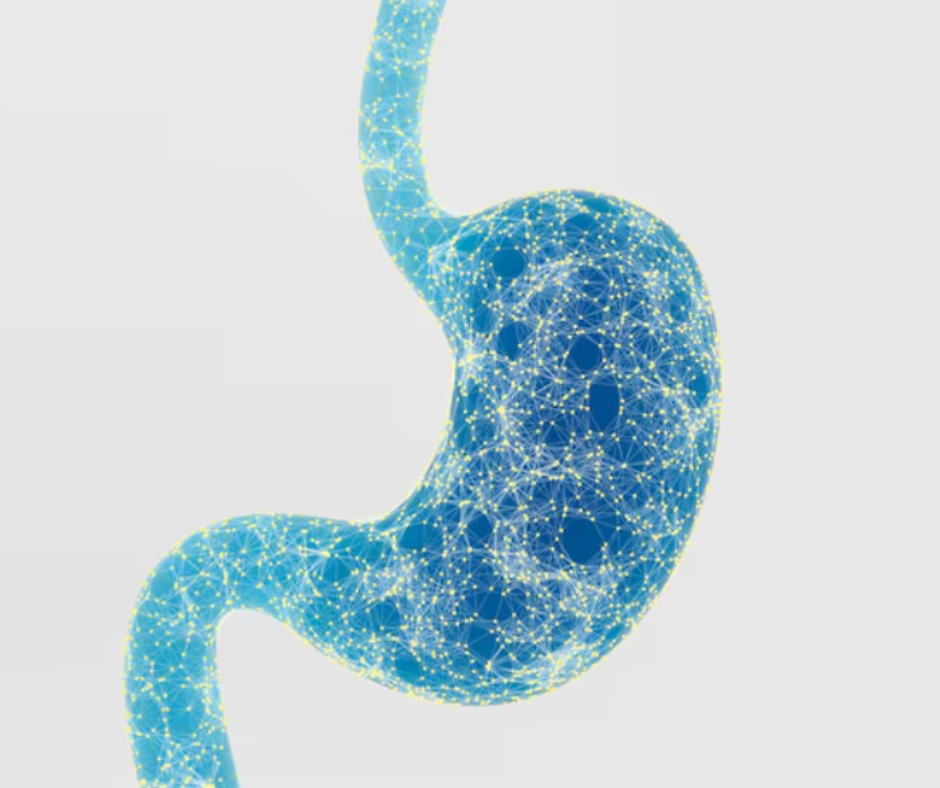Why You Should Consult a Gastroenterologist for Digestive Health
- livercarecenter23
- Oct 29, 2025
- 3 min read
Digestive health is a cornerstone of overall wellness. Many people experience stomach discomfort, bloating, or irregular bowel habits, yet these symptoms are often ignored. While occasional digestive issues may be minor, persistent or severe symptoms can indicate underlying problems that require expert evaluation. This is where a Gastroenterologist comes in—a specialist trained to diagnose, treat, and manage disorders of the digestive system, including the stomach, intestines, liver, pancreas, and esophagus.
Understanding the Role of a Gastroenterologist
A Gastroenterologist is a medical expert specializing in the gastrointestinal (GI) tract and associated organs. Their role goes beyond treatment—they focus on prevention, early diagnosis, and long-term management of digestive health.
Some common areas of their expertise include:
Stomach disorders: Acid reflux, ulcers, gastritis
Intestinal disorders: Irritable bowel syndrome (IBS), inflammatory bowel disease (IBD), diarrhea, constipation
Liver diseases: Fatty liver, hepatitis, cirrhosis
Pancreatic conditions: Pancreatitis, pancreatic insufficiency
Esophageal problems: GERD, swallowing difficulties
Importance of Early Consultation
Early consultation with a Gastroenterologist ensures:
Timely Diagnosis: Early identification of conditions like IBD, liver disease, or gastrointestinal cancers improves outcomes.
Preventive Care: Screenings such as colonoscopy or liver function tests can detect problems before they progress.
Personalized Treatment: Specialists tailor treatments to your condition, lifestyle, and overall health.
Education and Guidance: Learn about dietary adjustments, lifestyle modifications, and habits to support gut health.
Ignoring digestive symptoms can lead to severe complications, including malnutrition, chronic disease, or organ failure.
Common Digestive Disorders Treated by Gastroenterologists
1. Gastroesophageal Reflux Disease (GERD)
GERD causes acid reflux, heartburn, and discomfort in the chest or throat. Gastroenterologists provide medications, lifestyle advice, and procedures to prevent esophageal damage.
2. Irritable Bowel Syndrome (IBS)
IBS affects the large intestine, causing abdominal pain, bloating, and irregular bowel movements. Management includes diet modification, stress reduction, and medication.
3. Inflammatory Bowel Disease (IBD)
Crohn’s disease and ulcerative colitis are chronic inflammatory conditions. Gastroenterologists provide ongoing monitoring, medication, and dietary guidance to reduce flare-ups and complications.
4. Liver Disorders
Liver conditions like hepatitis, fatty liver, or cirrhosis require careful management. Specialists monitor liver function, recommend treatments, and prevent disease progression.
5. Pancreatic Disorders
Pancreatic issues can disrupt digestion and absorption of nutrients. Gastroenterologists diagnose and treat these conditions to improve digestive efficiency and prevent complications.
Diagnostic Procedures and Tools
Gastroenterologists use advanced diagnostic tools for precise evaluation:
Endoscopy: Examines the upper GI tract for inflammation or ulcers
Colonoscopy: Screens for polyps, cancer, and intestinal diseases
Liver Function Tests (LFTs): Evaluates liver health
Imaging: Ultrasound, CT, and MRI for structural assessment
Biopsy: Tissue analysis to detect disease
Capsule Endoscopy: Non-invasive imaging of the small intestine
These procedures enable early diagnosis, appropriate treatment, and prevention of disease progression.
Preventive Care and Lifestyle Guidance
Preventive care is vital to maintaining digestive health. Gastroenterologists recommend:
Regular screenings for colon cancer and liver disease
Vaccinations for hepatitis A and B
Balanced diet rich in fiber and low in processed foods
Adequate hydration and physical activity
Stress management and mental health support
Following these recommendations can prevent serious digestive disorders and enhance overall well-being.
Nutrition and Digestive Health
Diet directly affects the functioning of your digestive system. Gastroenterologists advise patients on:
High-fiber foods for regular bowel movements
Avoiding excessive sugar and processed foods
Probiotics to maintain a healthy gut microbiome
Liver-friendly foods for patients with hepatic conditions
Nutrition, combined with medical treatment, enhances recovery and promotes long-term gut health.
When to See a Gastroenterologist
Consult a specialist if you experience:
Persistent abdominal pain or discomfort
Chronic diarrhea or constipation
Unexplained weight loss or blood in stool
Liver enzyme abnormalities or jaundice
Difficulty swallowing or frequent heartburn
Early intervention improves treatment outcomes and prevents complications.
Conclusion
Digestive health is fundamental to your overall wellness. A Gastroenterologist provides comprehensive care for disorders of the stomach, intestines, liver, pancreas, and esophagus. From early detection and preventive screenings to personalized treatment plans, gastroenterologists ensure your digestive system functions optimally. Prioritize your gut health today for better overall health and a higher quality of life.



Comments